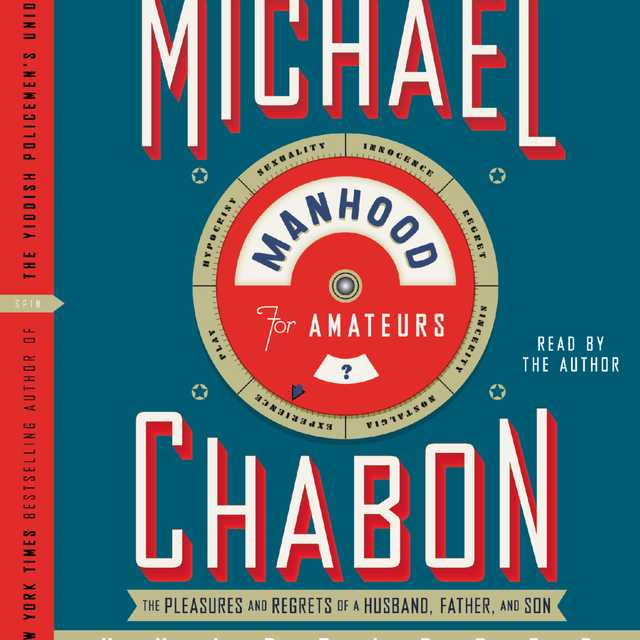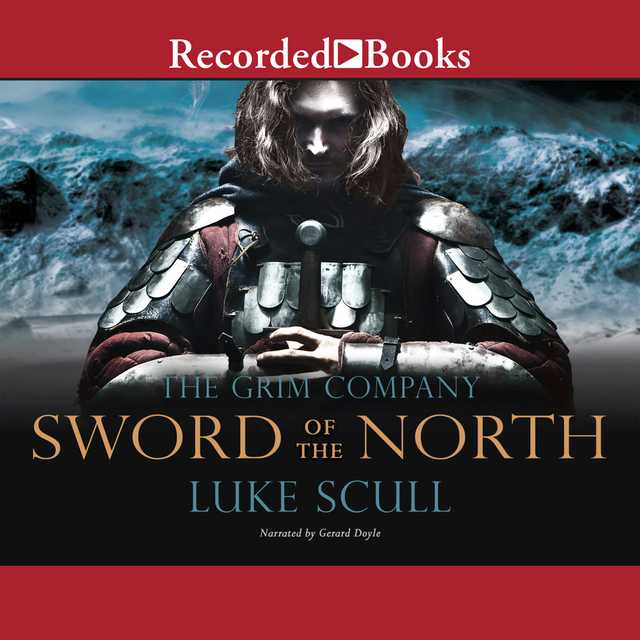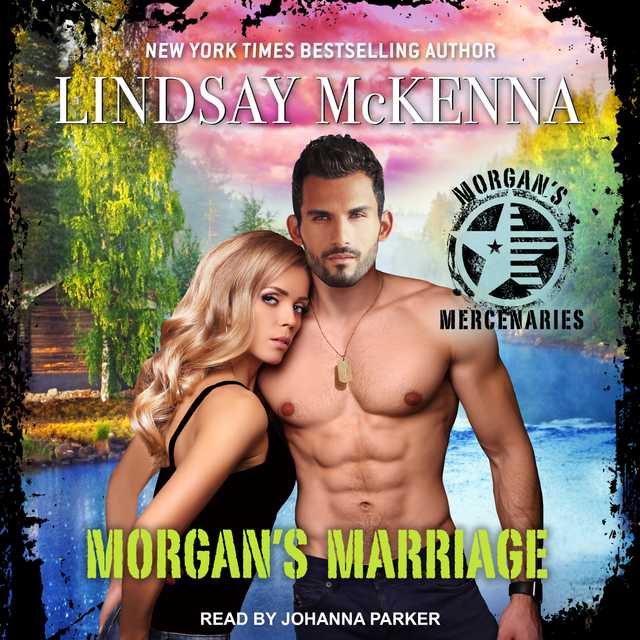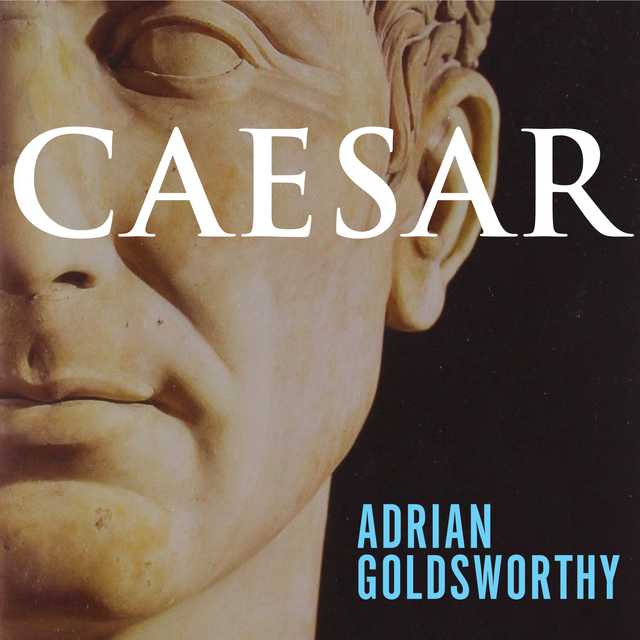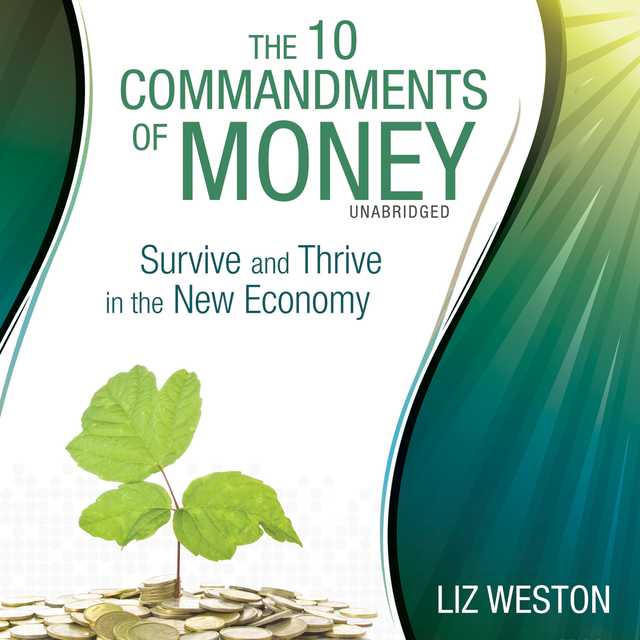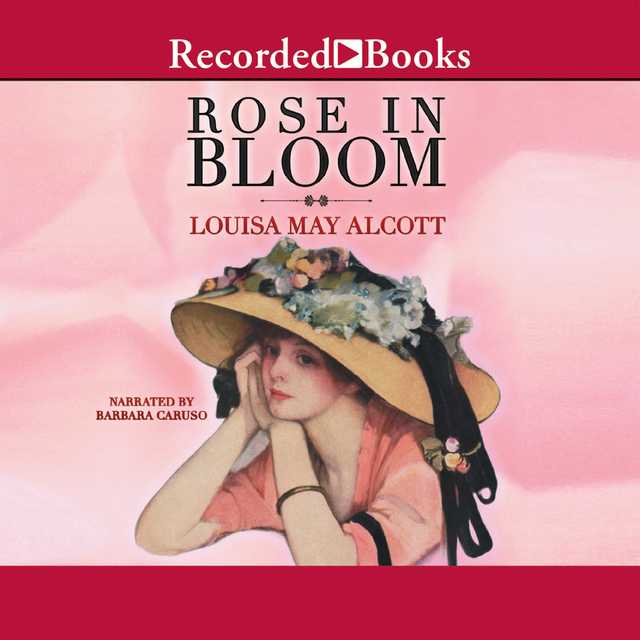Manhood for Amateurs Audiobook Summary
“Chabon has always been a magical prose stylist, adept at combining the sort of social and emotional detail found in Philip Roth’s Goodbye, Columbus stories with the metaphor-rich descriptions of John Updike and John Irving’s inventive sleight of hand. . . . As in his novels, he shifts gears easily between the comic and the melancholy, the whimsical and the serious, demonstrating once again his ability to write about the big subjects of love and memory and regret without falling prey to the Scylla and Charybdis of cynicism and sentimentality.”
— Michiko Kakutani, New York Times
“Wondrous, wise and beautiful.”
— David Kamp, New York Times Book Review
The bestselling and Pulitzer Prize-winning author of Werewolves in Their Youth, Wonderboys, The Mysteries of Pittsburgh, The Amazing Adventures of Kavalier and Clay, and The Yiddish Policemen’s Union Michael Chabon “takes [his] brutally observant, unfailingly honest, marvelously human gaze and turns it on his own life” (Time) in the New York Times bestselling memoir Manhood for Amateurs.
Other Top Audiobooks
Manhood for Amateurs Audiobook Narrator
Michael Chabon is the narrator of Manhood for Amateurs audiobook that was written by Michael Chabon
About the Author(s) of Manhood for Amateurs
Michael Chabon is the author of Manhood for Amateurs
More From the Same
- Publisher : HarperAudio
- Abraham
- American Gods [TV Tie-In]
- Dead Ringer
- House of Sand and Fog
- Prey
Manhood for Amateurs Full Details
| Narrator | Michael Chabon |
| Length | 8 hours 3 minutes |
| Author | Michael Chabon |
| Publisher | HarperAudio |
| Release date | October 06, 2009 |
| ISBN | 9780061966545 |
Additional info
The publisher of the Manhood for Amateurs is HarperAudio. The imprint is HarperAudio. It is supplied by HarperAudio. The ISBN-13 is 9780061966545.
Global Availability
This book is only available in the United States.
Goodreads Reviews
Kemper
October 13, 2009
I've lost some respect for Chabon for dedicating an entire essay to why he started carrying a man-purse, or murse as he calls it. However, I still really enjoyed this book of his musings on how he became the 'man' he is today and how it influences his behavior as a father, husband, son and brother.The essays are deceptively simple at first glance, but Chabon uses these stories as jumping off points for bigger ideas. His grumpy-old-man-style complaints about how complicated Legos have gotten turns into a great exploration of his kids' imaginations. Trying to draw a decent version of the Invisible Woman with his kids leads to a short history of how females have been mistreated in comic books and then his feelings about how badly he's failed to create complete female characters in his own writing. A story about briefly meeting David Foster Wallace turns into his thoughts and fears about his wife's struggle with depression.While some of the stuff is a little darker and melancholy like a section on the ways he thinks he's failing his kids or an essay about how he gained and lost a father figure in his father-in-law with his first failed marriage, it's still an upbeat book with a lot of funny and interesting ideas of what it means to be a man in modern America.
Matt
August 27, 2019
I'm not the sort of person who gets much out of self-help books, but Michael Chabon's erudite musings may be as close as I'm likely to get. Much like his series of essays released last year, Pops , Manhood for Amateurs sees Chabon reflecting on oodles of life's quandaries in his typical lyrical style. I love how essays about the complexities of male-female relations sit alongside essays about esoteric DC comic super heroines, and Chabon's use of nerd terminology slots in quite nicely with the way my mind works.I listened to this in a single extended piece of driving with nothing but Chabon's eager and boyish tone to carry me through the day. I love these essay collections of Chabon's for their profundity, but also for sheer entertainment value. It easily earns my stamp of approval!
Amy
September 07, 2017
I read the audiobook, narrated by the author himself. Of course I loved the parts about Pittsburgh the most... the story about getting lost in Panther Hollow especially squeezed my heart, but I also loved anytime he talks about his wife. So grownuply romantic. You also get some glimpses into his writing process (he talks about Kavalier and Clay a few times!) and some stories from his childhood that I swear I've read elsewhere. I think "Parenthood for Amateurs" or "Adulthood for Amateurs" would have been a more appropriate title.
Hannah
September 07, 2011
You know, this certainly wasn't Chabon's BEST book but it was incredibly charming and I am pretty sure that every young dad should read it. Chabon candidly admits to many shortcomings and limitations that I think most straight men (fathers or not) share and would find comfort in relating to; as a woman, not only do I find these admissions to be endearing, but it was refreshing to confirm that all the idiotic things that I have always suspected men of thinking are indeed being thought. Politically incorrect as it may be to say, as a species we often do conform to certain gender stereotypes and sometimes it can be a relief to look at our patterns in relationships (in this case specifically parenthood and marraige) in the simplest terms possible: men think this way, women think that way. And as always, the inevitable truth is that while women are being insightful and observant, and taking care of problems before they can even arise, men are thinking about... comic books. (And perhaps how to best protect their own egos.)
Mattia
March 01, 2017
Video review: https://www.youtube.com/watch?v=szEms...So many brilliant reflections on the most different of topics, from LEGO to baseball, from growing up to children's movies. All of these takes are anchored to a specific episode in Chabon's life, so that you always feel like you're getting a story, even in the middle of the most abstract discussion.Since it's about so much different stuff, I'd mainly suggest it to Chabon's fans, but hey, that doesn't make it any less gold.
Snotchocheez
May 21, 2013
4.5 starsOkay, this is kinda a propos of nothing, but bear with me...Thursdays are Library Days for me and my daughter (now 5 years old). I sometimes feel a little...I dunno...guilty (?) for imposing my values and likes upon her, but each Thursday she'll run to the children's section, and if they haven't already been checked out, will scour the picture-book section and pull out as many of her favorite books as she can find. Invariably, three of them (which I highly encouraged her to like, and tried to kindle extra enjoyment of by really amping up the theatrics in reading them to her) are Kat Kong by Dav ("Captain Underpants") Pilkey, A Sound Like Someone Trying Not to Make a Sound by John Irving (gee, probably my favorite author...what a coincidence) and The Astonishing Secret of Awesome Man by none other than the author of one of my fave books of all time (...Kavalier and Clay), Michael Chabon. The love he has for his kids (I think, each time I open this book) is so readily apparent, I had to read his collection of essays, Manhood For Amateurs, which I (correctly) presumed, addressed many of his experiences as a Gen-X parent (four times over!) One of the essays talked about how ALL FOUR of his kids were "Doctor Who" fans (!) and I thought "How cool is that? To produce a brood of fan-boys (and -girls) all loving the same thing that you as a parent love!" it made me feel a lot less guilty for imposing upon my daughter my love for John Irving...and Chabon.In addition to his parenting experiences, Chabon talks about love, his relationships (both present, with fellow writer Ayelet Waldman, and his failed marriage/preceding relationships), delivered with a refreshing honesty (not to mention, Chabon's verbose, droll wit that's just as fun to immerse yourself in as his best novels). (And, speaking of his novels, for Chabon fans he provides plenty of insights as to the machinations in his brain that led to his works like ...Kavalier and Clay, The Wonder Boys, The Mysteries of Pittsburgh, etc.)The collection strays a bit the few times he tries to turn events from the past into fiction-esque short stories, and one essay in particular fell kinda flat for me (predictably, a rather dour homage to the Essay King, David Foster Wallace) but all in all, this is a quite impressive collection: highly recommended if you're a Chabon fan; essential reading if you're, like me, a Chabon fan AND a Gen-X father.
Lillian
November 06, 2009
A beautiful and touching collection of essays on what it means to be a husband, father, brother and son with a little bit of what it means to be wife and mother of his four children. The stories are sometimes told within the construct of his Jewish heritage and sometimes not but always seem universal. They are short and sweet and several touch on some of his favorite things like baseball and comic book characters. Each one is told in Chabon's usual erudite style. Eloquently written. Remember, he loves words so have a dictionary close by.
David
August 28, 2013
This is a delightful book of short essays on a diverse set of topics. The collection of essays serves as Chabon's memoirs--not chronological, not comprehensive, but fun and funny. Each essay begins in a simple manner, but then starts to delve into heavier matters--all while maintaining a light-hearted style.The book uses the word "amateur" from its title Manhood for Amateurs in two different ways. Chabon easily admits that he is an amateur in the sense that he is not an expert. He freely acknowledges that he has failed on numerous occasions as a husband and a father, but not for want of trying. In the other sense of the word, he "loves" being a husband and a father, and he clearly tries his best at both. He tries his best to understand his children, and in many ways they share his interests.Each essay is imbued with an easy-going, self-deprecating, nostalgic humor. The book is full of references to pop-culture from the 1970's, as he grew up through childhood and adolescence. I recommend this entertaining book for any fan of Michael Chabon.
jeremy
October 29, 2009
michael chabon composes dazzling prose. his love for the art of storytelling is evident in everything he writes. his writing is smart, insightful, candid, funny, sympathetic, and mischievous. this gifted combination makes for one of the rare writers from whom a reader always knows to expect something altogether enjoyable. some of chabon's works are indeed gems, but all of them are great books.manhood for amateurs: the pleasures and regrets of a husband, father, and son, is precisely what the subtitle says it is. comprised mostly of essays that were published previously in details magazine, this collection finds chabon musing on subjects as disparate as circumcision, baseball, marijuana, superheroes, menarche, captain underpants, imagination, legos, and having sex with your mom's friend when you're 15. it truly seems that chabon can take any topic, however inherently mundane or fascinating, and craft a piece that is both well written and engrossing. perhaps what is most magnificent about his writing is that it seems to come from a genuine curiosity and thoughtfulness for things, as is well evident in his fiction. manhood for amateurs contains some excellent pieces, and as a whole is about as good a collection of essays as you're apt to find amongst any of his contemporaries.
Vampire Who
March 11, 2022
my favourite genre of books is "non-fiction written by fiction writers". it combines the typical-to-non-fiction dispassionately "think-y" nature of the content with typical-to-fiction creative prosody and personable/engaging writing style. this book is in that genre (kind of... if you squint a little).but even outside of taxonomical considerations, this book is special because it's about masculinity, but unlike almost all other books on masculinity, it's not about toxic masculinity. it is a matter-of-fact series of essays, discussing (without meaning to) the role generally expected of men and boys in society -- but it's all in the form of personal essays; the memoirs of an imperfect son of an imperfect father, who goes on to become an imperfect father to his own children, and all the other relationships that surround it all -- his mother, his wife, his ex-wife, his ex-father-in-law, his parents divorce, his friends and best friends, and so on. the writer describes both his successes and his failings, and the broader societal context surrounding it all, without all that much whining or self-pity, or without the accusatory or defensive politics that dominates most discussions on gender nowadays. there's no feminist self-whipping or male guilt, neither is there a reactionary defensiveness about "today's men are no longer tough" nonsense, there's just a set of expectations and events and circumstances that happened in the form of Life™ and his recounting of them all.for many boys today (especially the more conscientious and politically aware ones), we spend a lot of time disavowing (or in consternation about whether we should disavow) a bunch of mostly harmless/innocuous things that are traditionally male-coded and therefore automatically get associated with patriarchy -- beer and bro-culture, the fun angsty-edgy conversations our angsty-edgy teenage selves would regularly have with our angsty-edgy teenage guy friends, confusion and pressures about what is expected of us and what is healthy and where we fall short, and so on. for once, it's good to read (and think and discuss) fairly common life experiences without the baggage of "wider context" and "what it says about society" and "the weight of history". in that sense, the book truly succeeds -- it's from 2008-ish and the essays are likely much older, so it preceded the great awokening of the mid-2010s, and therefore avoids a lot of the heaviness that has been characteristic ever since (just look at how many of the other reviews are analysing this book through a gender theory/critical feminist theory lens!)and since the writer is more commonly known as a novelist, the writing is fun and engaging and very personable. not all the essays are equally good, and some tend to be too self-indulgent and navel-gazey, but the best ones are true gems. highly recommended, especially for boys who grew up in the 90s and still remember what it was like to live without an all pervasive internet telling us what our life "truly means".
Emily
October 05, 2022
Reading Moonglow made me really want to read his nonfiction and this definitely scratched that itch. The essays are funny and touching, and have good insights. Also when pairing the book title with the fact that it was published in 2009 I was pleasantly surprised there were no ‘YIKES that didn’t age well’ moments that stuck out to me.
Anne
October 13, 2014
(2012 review)Having read and enjoyed three of Chabon's books already (The Mysteries of Pittsburgh: good, The Yiddish Policemen's Union: very good, and The Amazing Adventures of Kavalier & Clay: sublime), I dove into my borrowed copy of Manhood for Amateurs with a mix of expectation and wariness. Expectation, because, having seen Chabon at his best, I was curious to get inside his head and life, and wariness because of the inevitability of disappointment. Both scenarios were realized. Manhood is a very good memoir. Actually, it's a decent memoir and a very good collection of essays. Chabon's writing style is slightly pared down but his ideas are not, and Chabon has some incidents in his past that are very interesting to read about and shed good light on his writing. But taken as a whole, the memoir feels kind of disjointed. The final essay, the one which one hopes will tie everything together, is one of the weaker in the collection and leaves the very final taste in one's mouth one of slight disappointment. Chabon has also fallen victim to the trap (that also befalls David Sedaris--actually, I frequently felt like I was reading the words of a more mature, erudite Sedaris) of snappily concluding essays by harkening back to an earlier symbol in the piece, which, when used in excess, is annoying (and it is always used in excess). But Manhood is a worthy read. Read it and be surprised at Michael Chabon's total lack of what people euphemistically refer to as "artistic temperament." Chabon comes across as conscientious, responsible, smart, and honest--a person worthy of emulation. He could stand to lose the false modesty, though.4/5. At some point I plan to revisit this one once I've got my own copy.(October 2014 update)I loved this book more than I did the first time. The remarkable thing about Chabon is his unflagging sweetness, and the sincerity of that sweetness; it never feels feigned, and it makes me happy to think of him raising his children in this affectionate, conscientious way. So often I find myself loathing the bland goodness of memoirists as expressed in their own memoirs. Chabon escapes the trap with his other hallmark traits of clear-eyed self-analysis and its counterpoint, analysis of the world. He has interesting things to say and, as could really go without saying, a stunning way of saying them. I just smiled my way through this book. Have I grown less critical in general? Or just of Chabon? 4/5, still. And I'll read it again--and make any father to my (nonexistent children) read it too.
Alicia
December 27, 2009
I really liked most of this collection -- a series of reflections on fatherhood/sonhood/manhood in twentieth and twenty-first century America. Even though I'm not a parent, I identified with Michael Chabon's grumpy observations about the shameless commodification of childhood, the authoritarian nature of modern Legos, and, most especially, the way that kids are no longer allowed to roam freely in their neighborhoods, which (Chabon says) represents the "curtailing of adventure" and the "closing off of Wilderness." I love this: "What is the impact of the closing down of the Wilderness of the development of children's imaginations? This is what I worry about the most. I grew up with a freedom, a liberty that now seems breathtaking and impossible ... Art is a form of exploration, of sailing off into the unknown alone, heading for those unmarked places on the map. If children are not permitted -- not taught -- to be adventurers and explorers as children, what will become of the world of adventure, of stories, of literature itself?"I also really liked the essay about the particular cosmic optimism of the 1970s, in which Chabon refers to Carl Sagan's efforts in compiling the Golden Record that was carried on board Voyager 1 and Voyager 2 as "the greetings of an entire planet lobbed with the glee of a paperboy across a trillion miles of space that may be home to no one at all." Along those same lines, the story about the Clock of the Long Now (a giant mechanical device that's supposed to keep time for 10,000 years) laments our culture's loss of belief or interest in the Future. The point of the Clock is to get people thinking about the Future again. When Chabon tells his son about the Clock and assures him without hesitation that there will be people around when the Clock stops working 10,000 years from now, he admits he has no idea if this is true but observes that having kids pretty much requires optimism and hope for the Future. How great is this: "But in having children -- in engendering them, in loving them, in teaching them to love and care about the world -- parents are betting, whether they know it or not, on the Clock of the Long Now. They are betting on their children, and their children after them, and theirs beyond them, all the way down the line from now to the 130th century. If you don't believe in the Future, unreservedly and dreamingly, if you aren't willing to bet that somebody will be there to cry when the Clock finally, ten thousand years from now, runs down, then I don't see how you can have children. If you have children, I don't see how you can fail to do everything in your power to ensure that you win your bet and that they and their grandchildren and their grandchildren's grandchildren will inherit a world whose perfection can never be accomplished by creatures whose imagination for perfecting it is limitless and free."
David
November 15, 2011
“Manhood for Amateurs” is essentially Michael Chabon’s memoirs. However, it is not told a straightforward autobiographical piece where he tries to describe his entire life story in a chronological order. Instead the book is a series of essays on extremely wide ranging topics. These topics range from what he learned in the MFA program at the University of California, Irvine to his disappointment with the state of Lego toys today. What is common is that most of these topics are merely a jumping off point for what he has learned about himself, his family, and how to be a father throughout his adult life. What is most noticeable about the book is the contrast with the breeziness of Chabon’s voice and the fact that the prose is almost effortlessly poetic. It creates the great effect that compels the reader to like the author on a very personal level, and also makes the reader know that this guy knows what he is talking about. It could be called authoritative casualness. This is particularly effective because later on in the book he goes on to discuss his time in the MFA program and also mentions some of his works that have been published. This could very well have led to him sounding like he was callously bragging about how amazing he is, but after reading all the essays that preceded it, the reader is made to understand how and why this man became a successful writer. Then again, he never really does fully brag about any of this, instead he starts off an essay about writer’s workshops and how people ask his opinions on them based on his experiences at Irvine, but this turns into a launch pad for his thoughts to go into how this experience humbled him and turned him from being “a little shit” trying to get girls to sleep with him all the time, into a more grounded and well-rounded adult man. What I can take away from this book, aside from all the truly wonderful examples of how to be a good caring father and husband is how to master my authorial voice. Chabon occasionally deals with some tough and/or uncomfortable issues such as his own drug use or deciding whether or not to allow his son to be circumcised, but he never loses his own way of explaining his thought processes on these. He is often times self-deprecating and has a wry sense of humor. I’m not saying my own authorial voice would be exactly like his, but his writing style, with its well thought out rhythmical patterns and usage of strong vocabulary, is as good an example to live up to as any I can think of. Having not read any of his fiction, I can’t speak for that, but at least for creative non-fiction writing “Manhood for Amateurs” is a great example of an author creating a very strong and unique voice for himself in a very short amount of time.
Frequently asked questions
Listening to audiobooks not only easy, it is also very convenient. You can listen to audiobooks on almost every device. From your laptop to your smart phone or even a smart speaker like Apple HomePod or even Alexa. Here’s how you can get started listening to audiobooks.
- 1. Download your favorite audiobook app such as Speechify.
- 2. Sign up for an account.
- 3. Browse the library for the best audiobooks and select the first one for free
- 4. Download the audiobook file to your device
- 5. Open the Speechify audiobook app and select the audiobook you want to listen to.
- 6. Adjust the playback speed and other settings to your preference.
- 7. Press play and enjoy!
While you can listen to the bestsellers on almost any device, and preferences may vary, generally smart phones are offer the most convenience factor. You could be working out, grocery shopping, or even watching your dog in the dog park on a Saturday morning.
However, most audiobook apps work across multiple devices so you can pick up that riveting new Stephen King book you started at the dog park, back on your laptop when you get back home.
Speechify is one of the best apps for audiobooks. The pricing structure is the most competitive in the market and the app is easy to use. It features the best sellers and award winning authors. Listen to your favorite books or discover new ones and listen to real voice actors read to you. Getting started is easy, the first book is free.
Research showcasing the brain health benefits of reading on a regular basis is wide-ranging and undeniable. However, research comparing the benefits of reading vs listening is much more sparse. According to professor of psychology and author Dr. Kristen Willeumier, though, there is good reason to believe that the reading experience provided by audiobooks offers many of the same brain benefits as reading a physical book.
Audiobooks are recordings of books that are read aloud by a professional voice actor. The recordings are typically available for purchase and download in digital formats such as MP3, WMA, or AAC. They can also be streamed from online services like Speechify, Audible, AppleBooks, or Spotify.
You simply download the app onto your smart phone, create your account, and in Speechify, you can choose your first book, from our vast library of best-sellers and classics, to read for free.
Audiobooks, like real books can add up over time. Here’s where you can listen to audiobooks for free. Speechify let’s you read your first best seller for free. Apart from that, we have a vast selection of free audiobooks that you can enjoy. Get the same rich experience no matter if the book was free or not.
It depends. Yes, there are free audiobooks and paid audiobooks. Speechify offers a blend of both!
It varies. The easiest way depends on a few things. The app and service you use, which device, and platform. Speechify is the easiest way to listen to audiobooks. Downloading the app is quick. It is not a large app and does not eat up space on your iPhone or Android device.
Listening to audiobooks on your smart phone, with Speechify, is the easiest way to listen to audiobooks.

